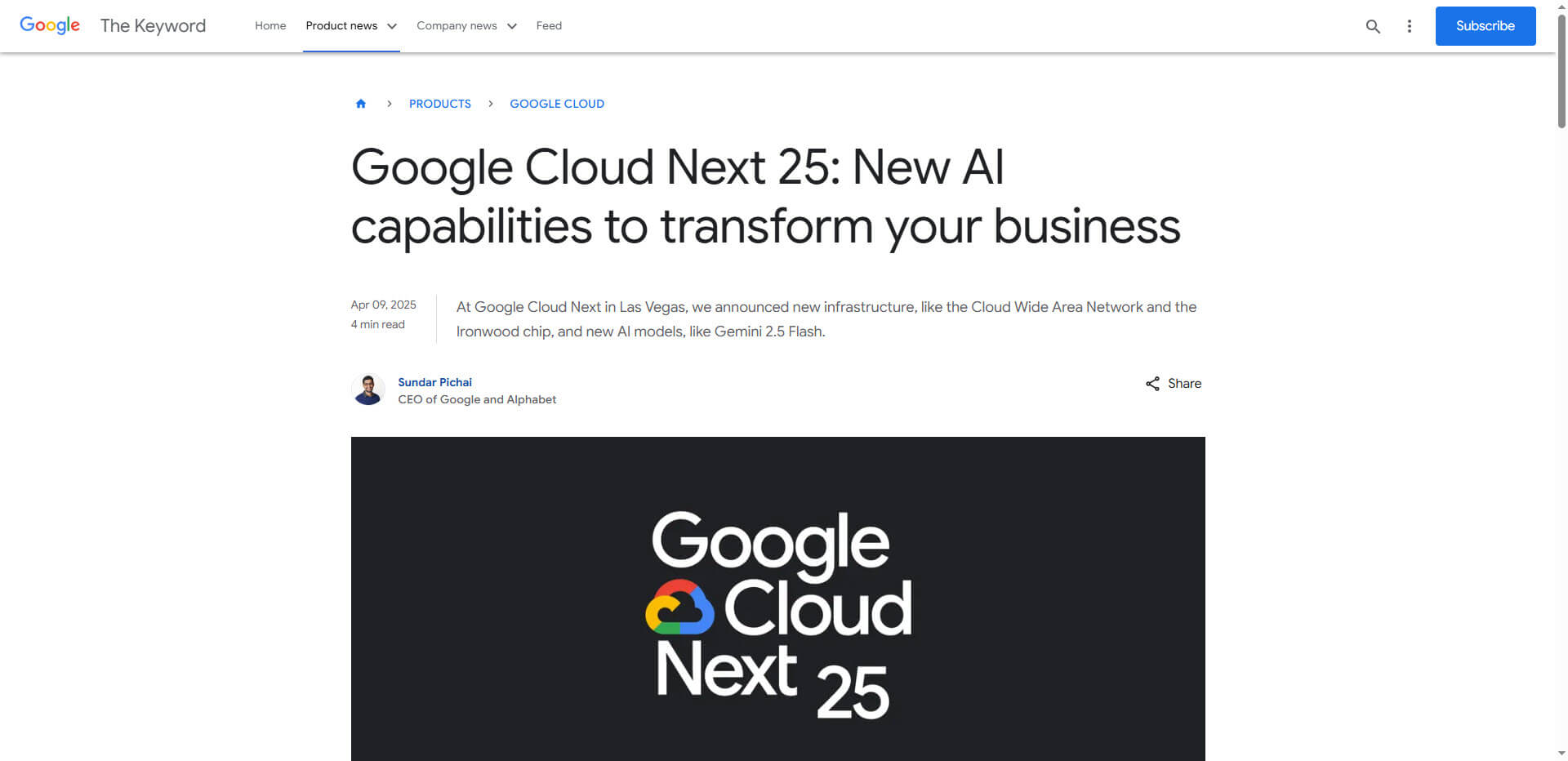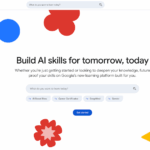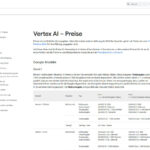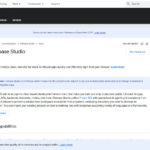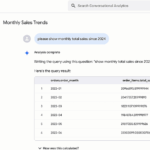Sundar Pichai unveils major AI advancements with Ironwood TPU and Gemini 2.5 Pro, boosting computing power by 3,600x and setting new standards for language models.
At the Google Cloud Next 2025 conference, Sundar Pichai, CEO of Google and Alphabet, presented a comprehensive vision for the future of artificial intelligence and cloud computing. The focus was on several groundbreaking developments, including the new Tensor Processing Unit (TPU) “Ironwood”, the improved Gemini 2.5 Pro language model and the Cloud Wide Area Network (WAN). These technologies form the foundation of Google’s strategy to make AI infrastructure and applications accessible to companies of all sizes.
According to Pichai, the seventh generation of TPU processors, Ironwood, achieves 3,600 times the performance of the first TPU generation. With six times more high-speed memory than its predecessor Trillium, Ironwood enables companies to deploy large AI models such as Gemini 2.5 Pro more cost-effectively. Together with Google’s AI hypercomputer framework, Ironwood forms a supercomputer system specifically optimized for AI training and inference.
The newly unveiled Cloud WAN represents a paradigm shift in enterprise connectivity. With over two million kilometers of fiber in 200 countries, this global private network reduces latency by 40% and lowers total cost of ownership by the same percentage compared to traditional internet-based solutions. Early adopters such as Nestlé and Citadel Securities are already using the network to improve application performance, particularly for latency-sensitive AI workloads such as real-time data analytics and distributed model training.
In the area of AI models, Google presented Gemini 2.5 Pro, which is now generally available. It introduces advanced reasoning capabilities through its “Thinking Model” architecture and outperforms competitors such as GPT-4o and DeepSeek R1 by a factor of 24 when running on Ironwood TPUs. With its multimodal design, it processes audio, video and text input, enabling use cases such as automated insurance claims processing and interactive educational tools.
Comprehensive AI strategy for different industries
In addition to these core infrastructure developments, Pichai introduced Willow, Google’s latest quantum processor that has solved a decades-old challenge of quantum error correction. By exponentially reducing errors when scaling qubits, Willow lays the foundation for practical, large-scale quantum computing.
In the enterprise application space, Google’s Vertex AI platform is seeing a 20x year-over-year increase in usage. New features such as the Agent Development Kit and the Agent2Agent protocol enable companies to develop multi-agent systems that automate complex workflows. In Google Workspace, AI-powered features now deliver two billion monthly assists and automate tasks such as email creation, spreadsheet analysis and collaborative editing.
The most important facts about the update:
- Ironwood TPU achieves 3,600x performance increase over first generation
- Cloud WAN reduces latency and total cost of ownership by 40% each
- Gemini 2.5 Pro outperforms competitors by a factor of 24 in benchmark tests
- Google to invest 75 billion dollars in AI infrastructure in 2025
- Vertex AI records 20-fold increase in usage within one year
- Willow quantum processor solves critical error correction problems
- AI features in Workspace deliver two billion monthly assists
Source: Google Blog

